ISLAMABAD: The Supreme Court will on Thursday (tomorrow) deliberate on a recurring question about whether regular benches can hear matters involving the constitutionality of laws, following the establishment of the Constitutional Bench under the 26th Amendment.
Headed by senior puisne judge Justice Syed Mansoor Ali Shah, a three-judge SC bench earlier noted that it has become necessary to resolve the controversy in light of objections raised during proceedings and the reply provided by one of the lawyers.
The bench was hearing an appeal filed by the federal government through the revenue division against the Sindh High Court’s decision to strike down Section 221-A(2) of the Customs Act, 1969.
At the outset, during Monday’s proceedings, the petitioners argued that the regular Supreme Court bench cannot hear such cases, as they involve challenges to the constitutionality of laws, specifically Section 221-A(2) of the Customs Act.
Justice Mansoor stresses need to resolve controversy over question of constitutional interpretation by judges
According to a two-page order issued on Tuesday, when the counsel was asked by Justice Shah why this bench cannot hear these cases, he referred to Article 191A which was added to the Constitution through the 26th Amendment.
Constitutional benches have been in the Supreme Court and high courts under Article 191A, with exclusive jurisdiction over constitutional matters.
In response to the petitioners’ objection regarding the present bench’s lack of jurisdiction, the order stated that Advocate Salahuddin Ahmed, representing the respondents, argued that Article 191A — the basis of the jurisdictional objection — was constitutionally invalid as it violated the salient features of the Constitution, including judicial independence and the separation of powers among the three organs of the state.
Mr Ahmed, who has also challenged the vires of the 26th Amendment before the Supreme Court, argued that a constitutionally invalid amendment cannot override the constitutionally valid conferment of jurisdiction on the regular benches.
When asked how the present bench could determine the constitutional validity of Article 191A, he replied that since the objection pertained to the bench’s jurisdiction, the issue must be decided by the bench itself.
The counsel cited precedents, including the 1995 Sabir Shah case, the 1963 Fazlul Quader Chowdhry case and the 1803 Marbury versus Madison case, but sought time to provide further assistance to the court on this point.
“Given the objection raised and the reply thereto, we find that it would be necessary to first decide upon the same before proceeding further in the matter at hand,” the court order said, and granted time to the parties to prepare their arguments and assist the bench on these issues during Thursday’s hearing.
Published in Dawn, January 15th, 2025



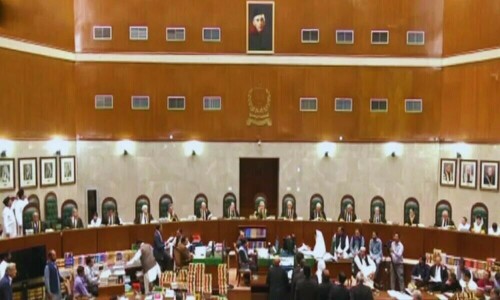






























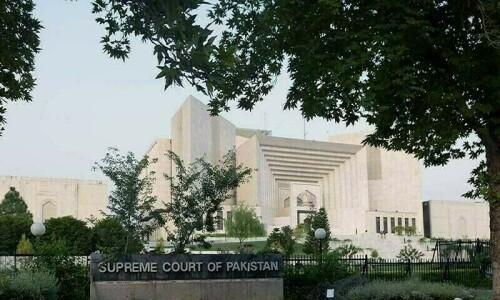


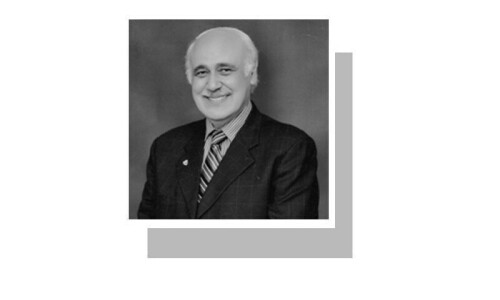



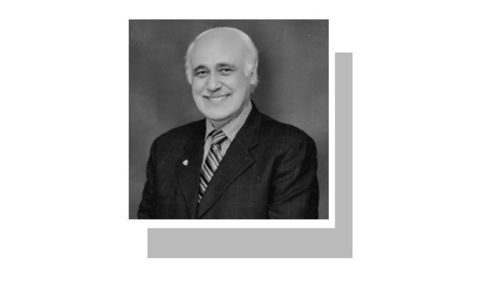
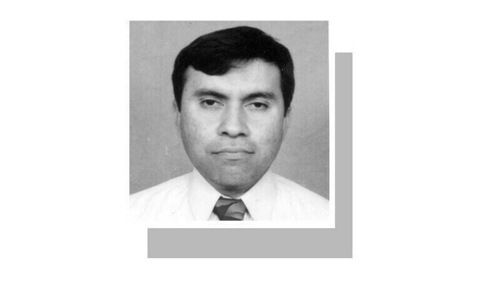

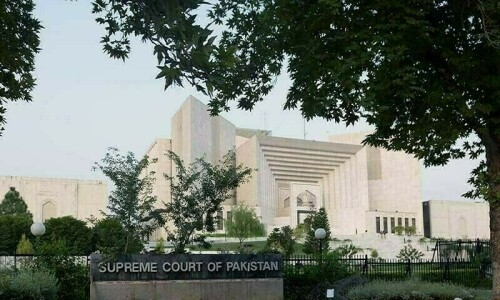


Dear visitor, the comments section is undergoing an overhaul and will return soon.